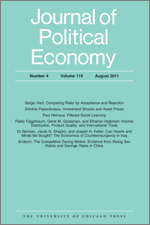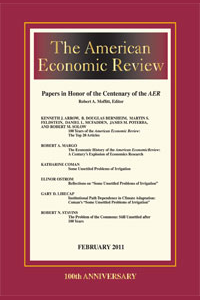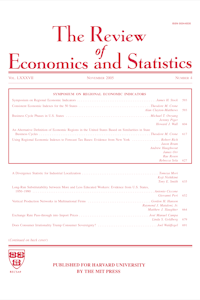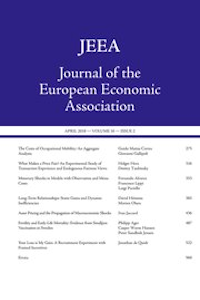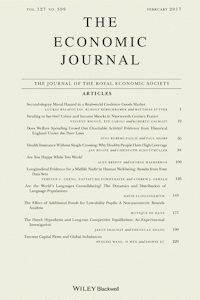
Cavalcanti, T., Kocharkov, G. and Santos, C.
Family Planning and Development: Aggregate Effects of Contraceptive Use
The Economic Journal
(2020)
Abstract: What is the role of family planning interventions on fertility, savings, human capital investment and development? To examine this, endogenous unwanted fertility is embedded in an otherwise standard quantity–quality overlapping generations model of fertility and growth. The model features costly fertility control and families can (partially) insure against a fertility risk by using costly modern contraceptives. In the event of unexpected pregnancies, households can also opt to abort some pregnancies, at a cost. Given the number of children born, parents decide how much education to provide and how much to save out of their income. We fit the model to Kenyan data, implement several family planning policies and decompose their aggregate effects. Our results suggest that with a small government budget (say, up to 0.5% of GDP), family planning interventions might be more cost-effective in improving long-run living standards than policies that subsidise basic education.
Author links: Tiago Cavalcanti
Publisher's Link: https://doi.org/10.1093/ej/ueaa070 ![]()
Open Data link: https://academic.oup.com/ej/advance-article/doi/10.1093/ej/ueaa070/5851272#supplementary-data

